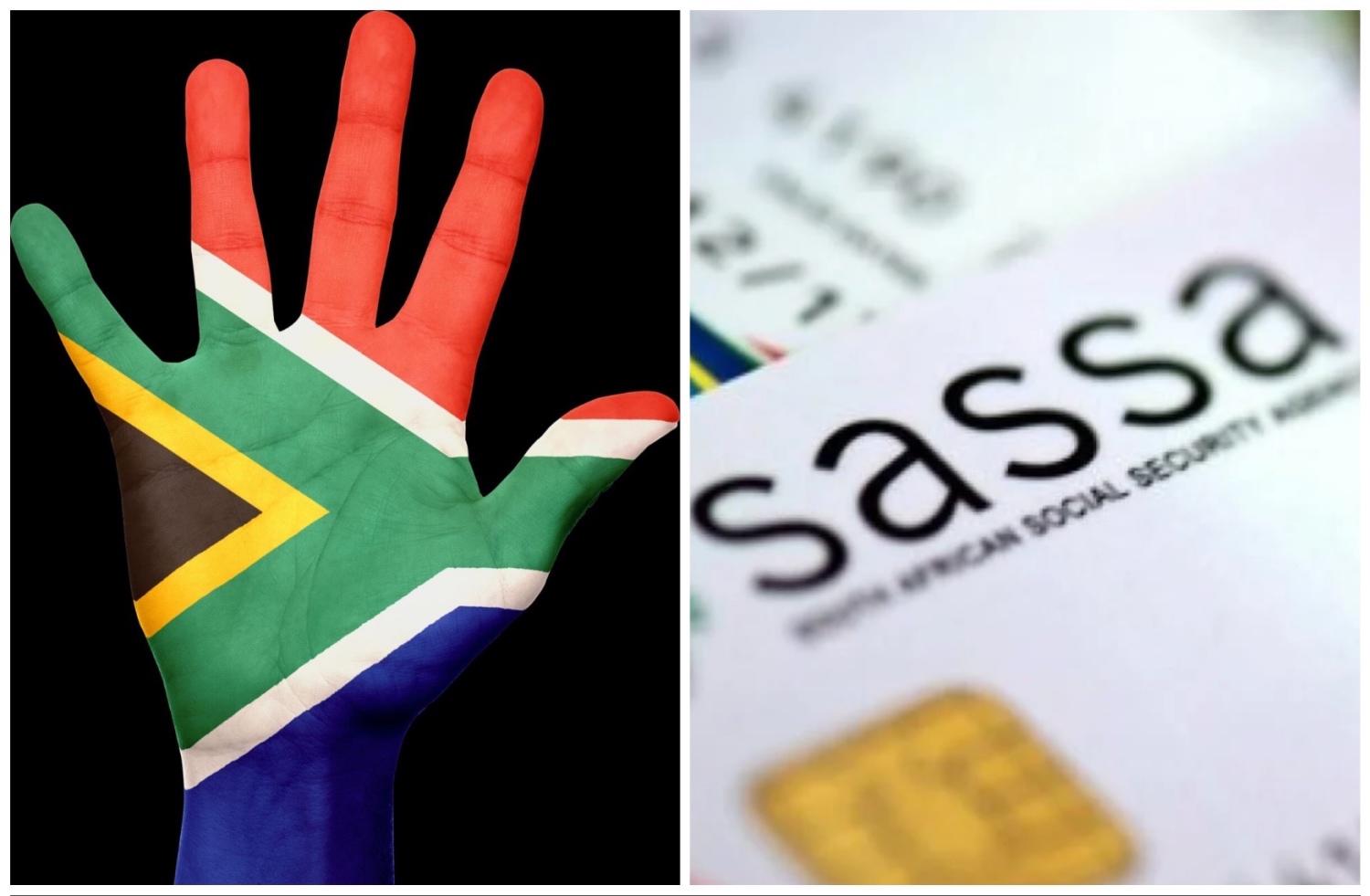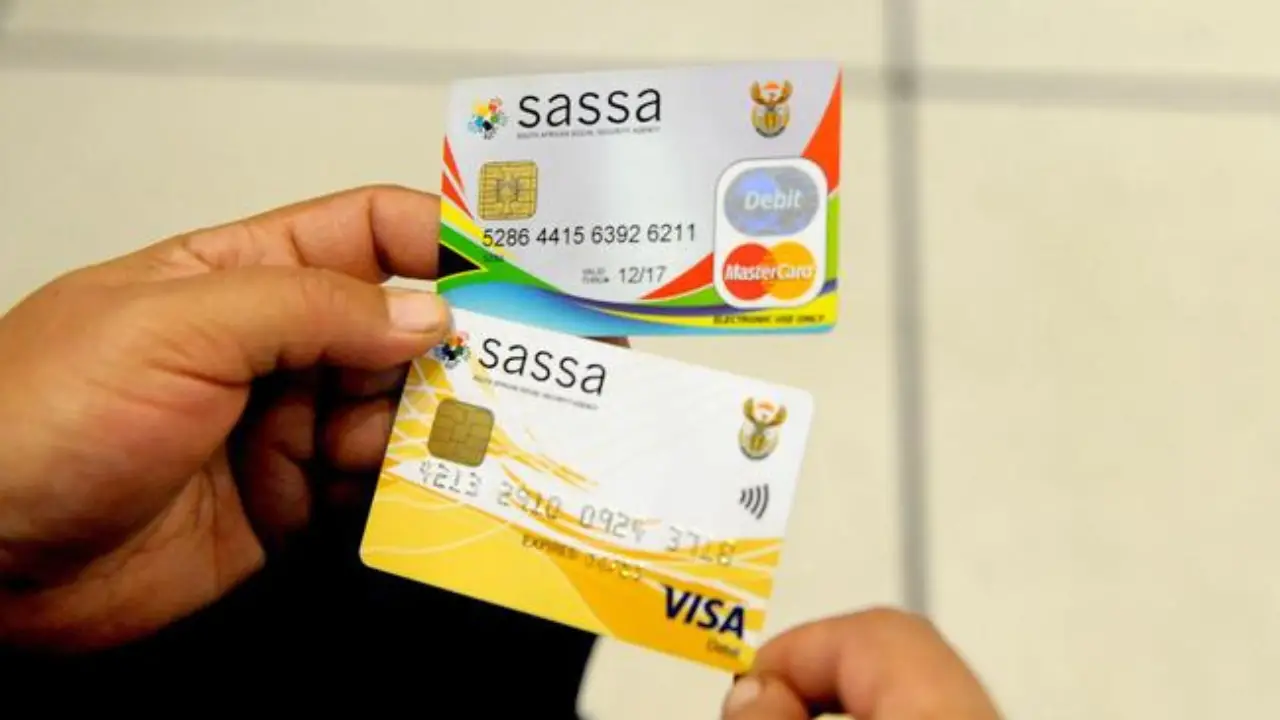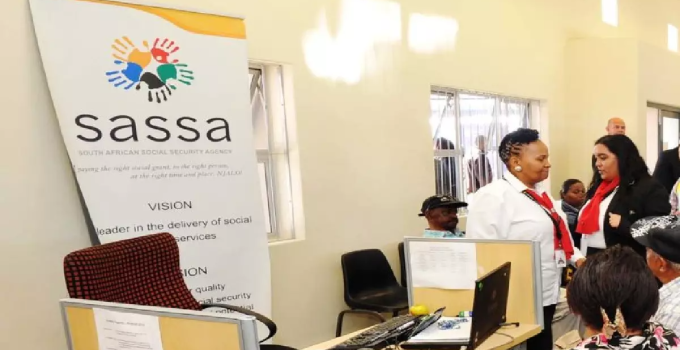SASSAs R350 Grant: The Court Case

SASSA’s R350 Grant: The Court Case That Highlighted the Plight of Unemployed South Africans
SASSAs R350 Grant-The COVID-19 pandemic has had a devastating impact on the global economy, and South Africa has not been spared. The pandemic has resulted in widespread job losses, leaving many South Africans struggling to make ends meet. In May 2020, the South African government introduced the R350 grant to provide financial assistance to unemployed South Africans during the pandemic. However, the implementation of the grant was far from smooth, resulting in a court case against the South African Social Security Agency (SASSA).
The Court Case :SASSAs R350 Grant
In July 2020, the Black Sash Trust and the Centre for Applied Legal Studies took SASSA to court over the delay in the payment of the R350 grant. The court case highlighted the plight of unemployed South Africans who were struggling to make ends meet during the pandemic. The court ordered SASSA to pay the grant to qualifying beneficiaries by a specific date and to provide regular updates on the progress of the payment process.
The Delayed Payment of the Grant
The delay in the payment of the R350 grant was due to a number of factors. Firstly, there were technical issues with the online application system, which resulted in many applicants being unable to complete their applications. Secondly, there were delays in the verification of applicants’ details, which resulted in further delays in the payment of the grant. Finally, there were logistical challenges in the distribution of the grant, with many beneficiaries having to travel long distances to collect the grant.
The Impact of the Delayed Payment
The delayed payment of the R350 grant had a significant impact on unemployed South Africans. Many beneficiaries were unable to meet their basic needs, such as food, shelter, and medical expenses. The delay in the payment of the grant also resulted in many beneficiaries falling into debt, as they had to borrow money to meet their basic needs.
The court case against SASSA highlighted the plight of unemployed South Africans who were struggling to make ends meet during the COVID-19 pandemic. The delayed payment of the R350 grant had a significant impact on beneficiaries, resulting in many experiencing financial hardship. The case also highlighted the need for a more efficient and effective social security system in South Africa, one that is able to provide timely and adequate support to those who need it most.
Tens of thousands of people struggling to receive the R350 Social Relief of Distress (SRD) grant regularly have taken the government to court, challenging regulations that “unlawfully and unconstitutionally” exclude the poor.
The joint lawsuit has been launched by the Institute for Economic Justice (IEJ), #PayTheGrants movement and Socio-Economic Rights Institute (SERI).
Minister of Social Development Lindiwe Zulu and the South African Social Security Agency (Sassa) have been cited as respondents in the case.
The SRD grant was implemented in March 2020 as a measure to support individuals adversely affected by the economic and social impact of the Covid-19 pandemic.
At the time about 10.9 million people received the grant.
But the number had now dwindled, according to executive director of IEJ, Gilad Isaacs.
“Fewer people have access to the grant today than was the case at its peak in March 2022. Research estimates at least 16 million people should be eligible for the SRD grant. Yet, in May 2023, while 14.4 million applied for the grant, only 8.4 million were approved, with 7.1 million people actually being paid,” said Isaacs.
Over 93% of grant recipients spend their grant on food and the exclusion negatively affected the right to food.
Government estimates suggested that 18.3 million individuals aged 18 to 59 lived below the food poverty line in South Africa, without access to adequate nutrition.
Additionally, 20.4% of households experienced food insecurity, with 20.9% sending a member to beg for food, said Isaacs.
“The difference between those in need and the number of beneficiaries paid, in the context of worsening poverty and hunger, is a direct consequence of deliberate actions by the government to make it as difficult as possible to access the SRD grant.
“Apart from the SRD grant, there is no permanent social assistance available to able-bodied individuals aged 18 to 59 without income,” added Isaacs.
In April 2022, the government passed regulations which disqualified many individuals as beneficiaries and kept the grant at R350.
The lawsuit sought to challenge the regulations, describing them as a deliberate method to “exclude millions” of people, and violating their right to social assistance and food as guaranteed by the Constitution.
Among those regulations were the exclusionary online platforms for applications for the grant; bank information to verify applicants’ eligibility; and the prohibition of any new information and evidence when beneficiaries appealed rejections.
The papers also noted an “arbitrary exclusion” of qualifying applicants when funds were depleted, a reduction in the grant’s value over time and a “systemic” non-payment of approved beneficiaries.
The IEJ and #PayTheGrants also sought relief in relation to failure to pay timeously the grants.
The parties also asked the court to direct the Department of Social Development (DSD) and Sassa to file a report with the Gauteng High Court, Pretoria on steps taken or planned to remedy the deficiencies.
Many people said they relied on the R350 for survival.
In an affidavit, Joleen Sampson said: “Early in 2020, I applied for the social relief of distress grant and my application was approved. Payments came regularly until March 2023. After this, my application status changed to declined due to the system erroneously detecting an alternative source of income, but I am unemployed.”
Another grant beneficiary, Vanessa Reece, said she was unable to secure work due to chronic illness.
“Since developing diabetes, it has been harder to keep in good health. The grant helps me buy the right food to manage my diabetes. However, it is too little to cover my food and toiletries. No one in my household is employed, this makes it even harder to manage both my health and financial situation.”
The second applicant is #PayTheGrants (#PTG), a registered non-profit organisation that organises working-class communities for the protection and realisation of their right to social security in South Africa.
Under the current regulations, the SRD grant is set to expire at the end of March 2024.
A co-ordinator for #PayTheGrants, Elizabeth Raiters, said appeals which totalled between 1.2 and 1.5 million each month were turned down.
“The process is unreasonable and irrational. The Tribunal uses the same information provided by Sassa to turn down the application and doesn’t allow applicants to provide evidence.”
The court action was supported by Black Sash, an organisation that consistently fought for an improvement in social assistance.
In May 2023, Black Sash handed a petition with about 330 000 signatories demanding that the government should implement a comprehensive social security, by providing permanent social assistance for the unemployed between 18 and 59 years.
- Understanding SASSA Status by adminJuly 26, 2023




